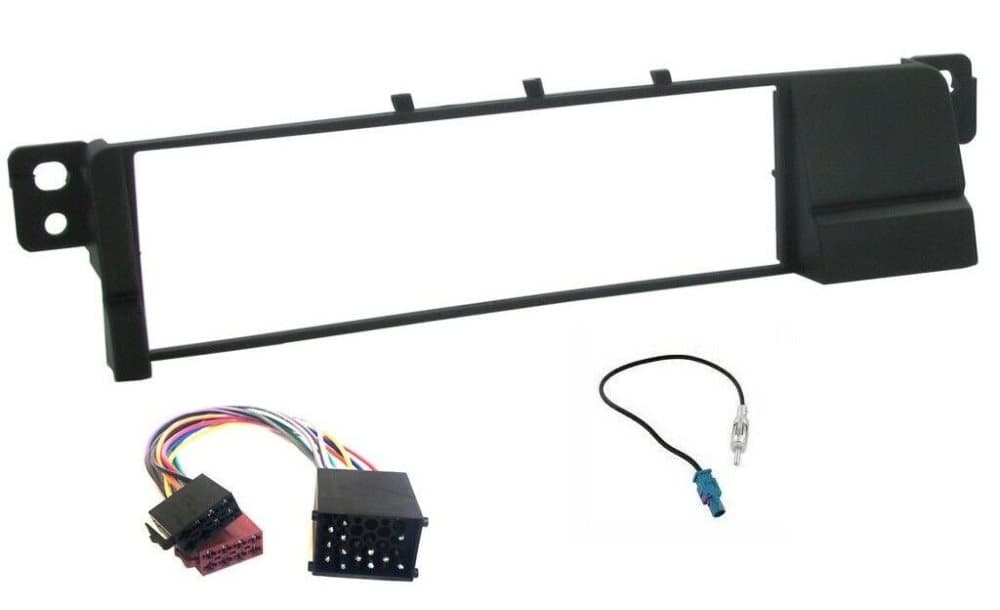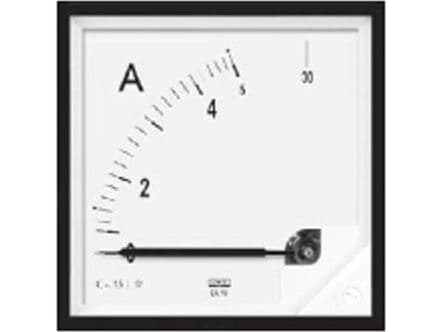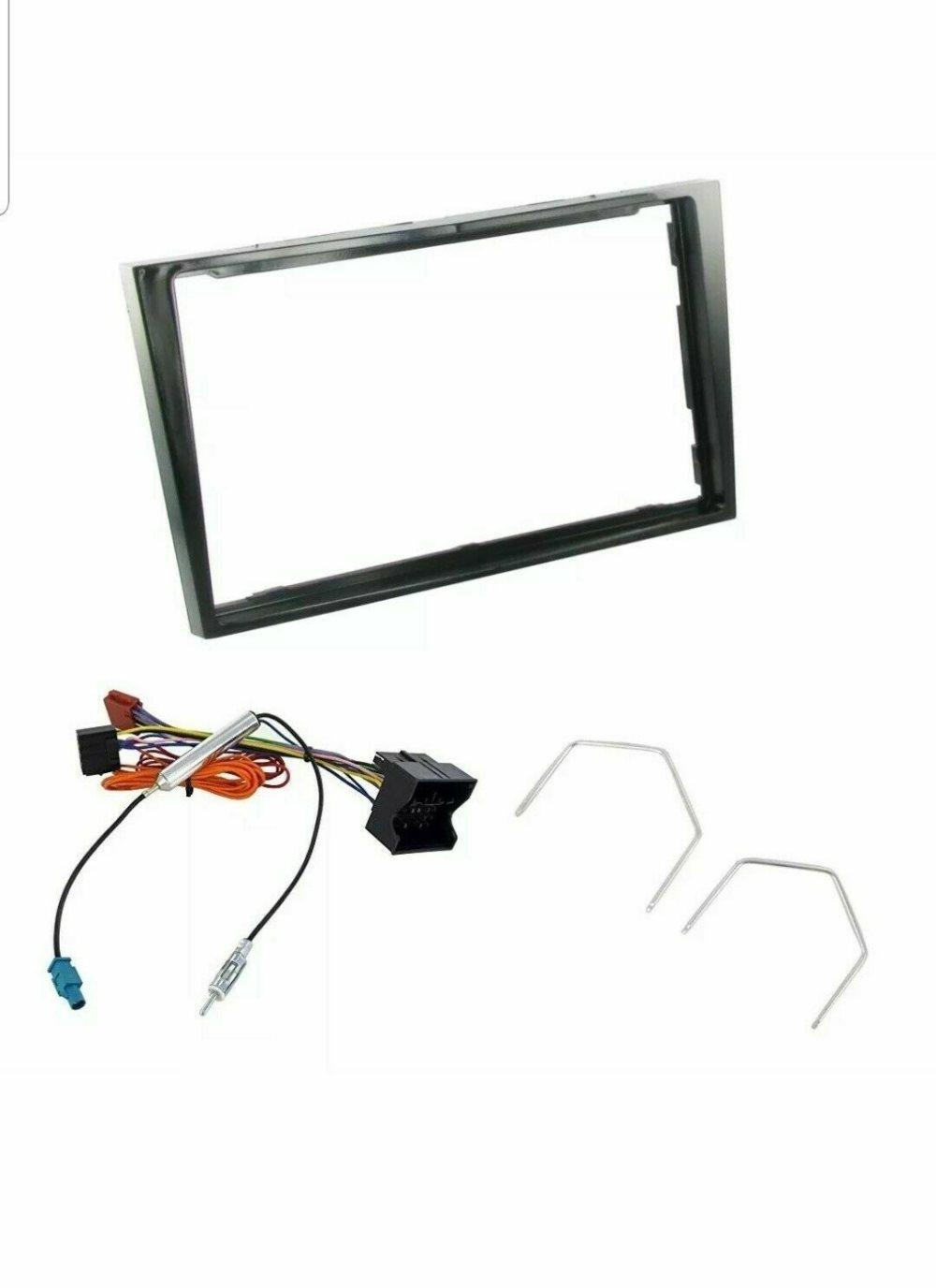America’s economy and lifestyles have been shaped by the low prices and availability of energy. In the last decade, however, the prices of oil, natural gas, and coal have increased dramatically, leaving consumers and the industrial and service sectors looking for ways to reduce energy use. To achieve greater energy efficiency, we need technology, more informed consumers and producers, and investments in more energy-efficient industrial processes, businesses, residences, and transportation. As part of the America’s Energy Future project, Real Prospects for Energy Efficiency in the United States examines the potential for reducing energy demand through improving efficiency by using existing technologies, technologies developed but not yet utilized widely, and prospective technologies. The book evaluates technologies based on their estimated times to initial commercial deployment, and provides an analysis of costs, barriers, and research needs. This quantitative characterization of technologies will guide policy makers toward planning the future of energy use in America. This book will also have much to offer to industry leaders, investors, environmentalists, and others looking for a practical diagnosis of energy efficiency possibilities. Table of Contents Front Matter Summary 1 Energy Use in Context 2 Energy Efficiency in Residential and Commercial Buildings 3 Energy Efficiency in Transportation 4 Energy Efficiency in industry 5 Overarching Findings and Lessons Learned from Federal and State Energy Efficiency Policies and Programs Appendixes Appendix A: America’s Energy Future Project Appendix B: Panel Biographical Information Appendix C: Presentations and Panel Meetings Appendix D: Definitions of Energy Efficiency Appendix E: Estimating the Net Costs and Benefits of Energy Savings Appendix F: Equivalences and Conversion Factors Appendix G: Acronyms and Abbreviations












